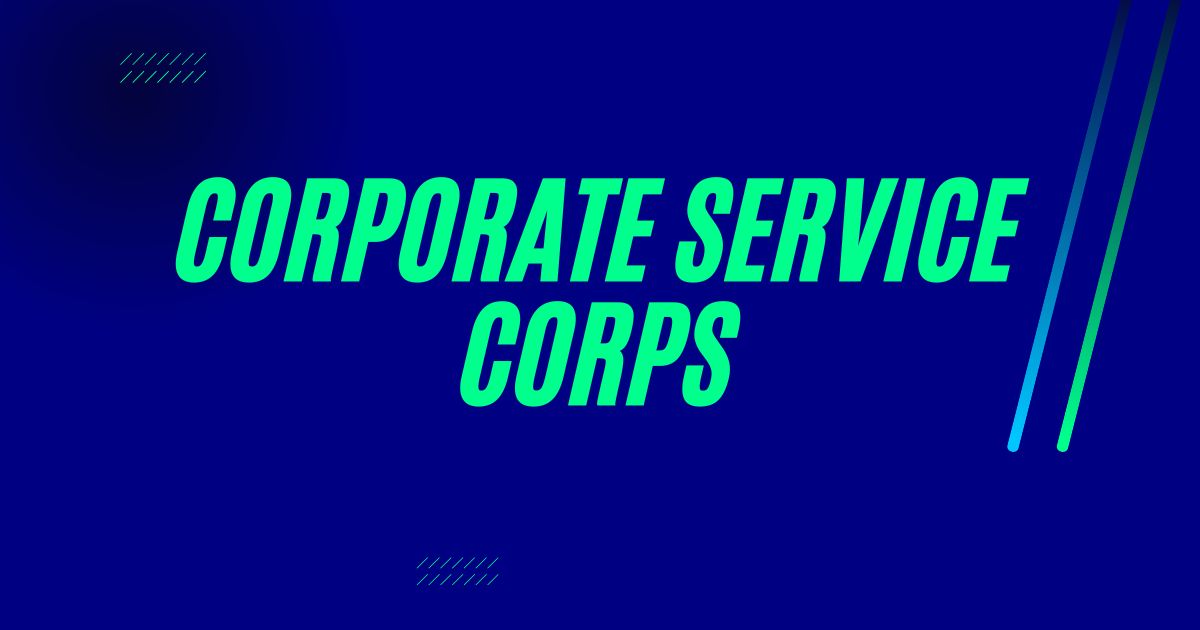Personal growth is a journey, not a destination. It’s about continually evolving, learning, and striving to become the best version of yourself. Understanding the stages of personal growth can provide a roadmap for this journey, helping you navigate the ups and downs with greater ease and confidence.
What is Personal Growth?
Personal growth refers to the ongoing process of understanding and developing oneself to achieve one’s fullest potential. It involves improving various aspects of life, including emotional, intellectual, and social development. This process is unique to each individual, as it is deeply personal and influenced by one’s experiences, goals, and values.
Why Personal Growth Matters
Why should you care about personal growth? It’s simple: it enhances your quality of life. By focusing on personal growth, you can achieve greater happiness, fulfillment, and success. It helps you adapt to changes, overcome challenges, and seize opportunities that come your way.
Stage 1 – Self-Awareness
The journey begins with self-awareness. This stage is about looking inward and understanding who you are at your core.
Identifying Strengths and Weaknesses
Self-awareness involves recognizing your strengths and weaknesses. Knowing what you’re good at can boost your confidence, while understanding your weaknesses allows you to work on them or find ways to compensate for them.
Understanding Personal Values
Your values are the principles that guide your decisions and actions. Identifying your core values helps you make choices that align with your true self, leading to a more authentic and satisfying life.
Stage 2 – Exploration
Once you have a clear understanding of yourself, it’s time to explore the possibilities.
Setting Goals
Goals give you direction and purpose. They can be short-term or long-term, but they should always be specific, measurable, achievable, relevant, and time-bound (SMART).
Seeking New Experiences
Exploration is about stepping out of your comfort zone and trying new things. This could involve traveling, learning new skills, or meeting new people. New experiences broaden your horizons and provide valuable insights into yourself and the world around you.
Stage 3 – Commitment
With exploration comes the need for commitment. This stage is about dedicating yourself to your personal growth journey.
Developing a Growth Mindset
A growth mindset is the belief that your abilities and intelligence can be developed through hard work, dedication, and perseverance. This mindset is crucial for overcoming obstacles and achieving your goals.
Building Consistent Habits
Habits are the building blocks of personal growth. By establishing positive habits and routines, you create a solid foundation for continuous improvement.
Stage 4 – Action
After committing to your growth, it’s time to take action.
Implementing Strategies
Put your plans into action by implementing strategies that align with your goals. This might involve creating a schedule, setting milestones, or seeking feedback from others.
Overcoming Obstacles
Challenges are inevitable, but they are also opportunities for growth. Learn to view obstacles as learning experiences and find ways to overcome them.
Stage 5 – Reflection
Reflection is a critical part of personal growth. It allows you to assess your progress and make necessary adjustments.
Assessing Progress
Regularly take stock of your achievements and setbacks. This helps you understand what works and what doesn’t, enabling you to fine-tune your approach.
Adjusting Goals and Strategies
As you grow, your goals and strategies may need to evolve. Be flexible and willing to adjust them based on your reflections and new insights.
Stage 6 – Mastery
The final stage is mastery, where you achieve your goals and continue to strive for improvement.
Achieving Goals
Celebrate your successes and recognize the hard work that got you there. Achieving your goals is a testament to your dedication and perseverance.
Continual Improvement
Personal growth doesn’t stop at mastery. There’s always room for improvement. Keep setting new goals and challenges to push yourself further.
Fear of Change
Change can be intimidating, but it’s a necessary part of growth. Embrace change as an opportunity to learn and evolve.
Lack of Motivation
Staying motivated can be tough, especially when progress seems slow. Find ways to keep your spirits high, such as setting smaller, achievable goals or rewarding yourself for milestones reached.
External Pressures
External pressures, such as societal expectations or the opinions of others, can hinder your growth. Stay true to yourself and focus on what matters most to you.
Embrace Change
Accept that change is a natural part of life. Instead of fearing it, look for the opportunities it presents.
Stay Motivated
Keep your motivation high by surrounding yourself with positive influences, tracking your progress, and celebrating your achievements.
Seek Support
Don’t be afraid to ask for help. Whether it’s from friends, family, or a professional mentor, having a support system can make a significant difference.
Books and Podcasts
There are countless books and podcasts dedicated to personal growth. Find ones that resonate with you and make them a part of your daily routine.
Workshops and Seminars
Attending workshops and seminars can provide you with new insights and skills. They also offer the chance to connect with like-minded individuals.
Online Courses
Online courses are a flexible and accessible way to learn new skills and concepts. Many platforms offer courses on a wide range of personal growth topics.
Conclusion
Personal growth is a lifelong journey that involves understanding yourself, exploring new possibilities, committing to your goals, taking action, reflecting on your progress, and continually striving for improvement. By embracing each stage and overcoming challenges along the way, you can achieve a fulfilling and successful life.















